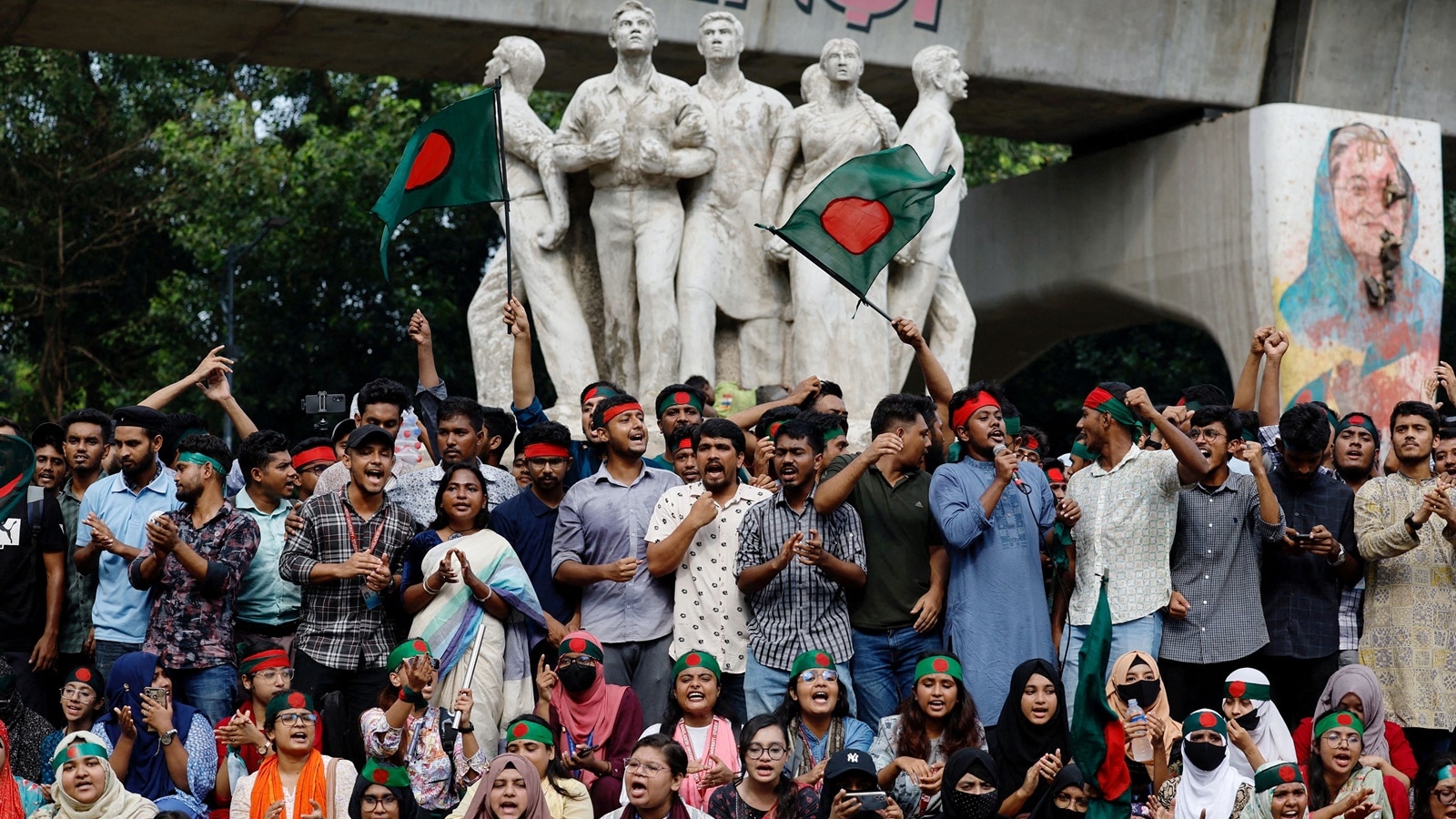 |
|
A recent report by the Bangladesh Police has significantly altered the narrative surrounding the surge in violence against minority communities in the country since August 4, 2024. The report, released in response to a complaint from the Hindu Buddhist Unity Council alleging 2,010 communal attacks, contends that the vast majority of these incidents were politically motivated, rather than religiously driven. This contradicts the initial claims of widespread communal violence, injecting a critical layer of complexity into the ongoing debate. The police investigation, which involved verifying allegations by visiting locations and individuals mentioned in the complaint, determined that 1,234 incidents were 'political in nature,' while only 20 were classified as communal. Furthermore, a substantial number of claims, at least 161, were deemed false or untrue. The distinction between politically motivated and religiously motivated violence is crucial. It shifts the focus from sectarian conflict towards potential underlying political tensions and power struggles within the country, possibly exacerbated by the departure of then-Prime Minister Sheikh Hasina in August 2024. This nuanced perspective challenges the simplistic narrative that initially portrayed the violence as a resurgence of religious intolerance. The report's findings have far-reaching implications for international relations, particularly considering the concerns expressed by neighboring India. The drastic difference between the number of reported incidents and those confirmed as communal could have implications for how the international community perceives the situation within Bangladesh.
The sheer scale of the reported incidents is alarming. The Police report details 1,769 attacks and acts of vandalism, emphasizing the widespread nature of the unrest. The concentration of these events around August 5th, 2024 – the day Hasina left the country – further strengthens the theory that the violence was linked to political instability rather than solely to religious hatred. The prompt response of law enforcement, with 62 cases registered, 35 arrests made, and an ongoing commitment to investigating and bringing perpetrators to justice, is a significant aspect of this story. However, the significant discrepancy between reported incidents and those deemed politically motivated raises questions. Were the initial reports exaggerated, or was there a deliberate attempt to frame the violence as communal? Further investigation is needed to clarify this point. The government’s assertion of a “zero-tolerance policy” towards communal attacks, coupled with the arrests and compensation pledges for victims, indicates a commitment to addressing the issue and maintaining social order. Nevertheless, this commitment must be seen in the light of the substantial differences between the initial claims and the police findings.
The international community, particularly India, has expressed profound concern regarding the situation in Bangladesh. New Delhi's vocal expression of these concerns, coupled with the December visit by Foreign Secretary Vikram Misri to Dhaka, underscores the regional implications of the violence. The fact that the concerns were conveyed directly to Bangladeshi authorities highlights the urgency and seriousness of the situation. The interim government's response, which includes an appeal for assistance from religious leaders in gathering accurate information, indicates an attempt to address the concerns and work towards a more transparent and impartial investigation. It is worth noting that the separate announcement regarding the arrest of the main accused in the murder of a Hindu man also reflects the ongoing commitment to tackling individual cases of violence. However, the success of these efforts will depend on a comprehensive approach, which extends beyond arresting individual perpetrators to addressing the underlying political causes of violence and fostering a climate of mutual respect and tolerance within Bangladesh. The ongoing commitment to transparency and the proactive approach to investigating claims, even if they are found to be false, is vital for maintaining international confidence and fostering a climate of trust. The long-term success of Bangladesh's efforts will depend on the country's ability to effectively address both the immediate concerns and the underlying systemic issues contributing to the violence.
